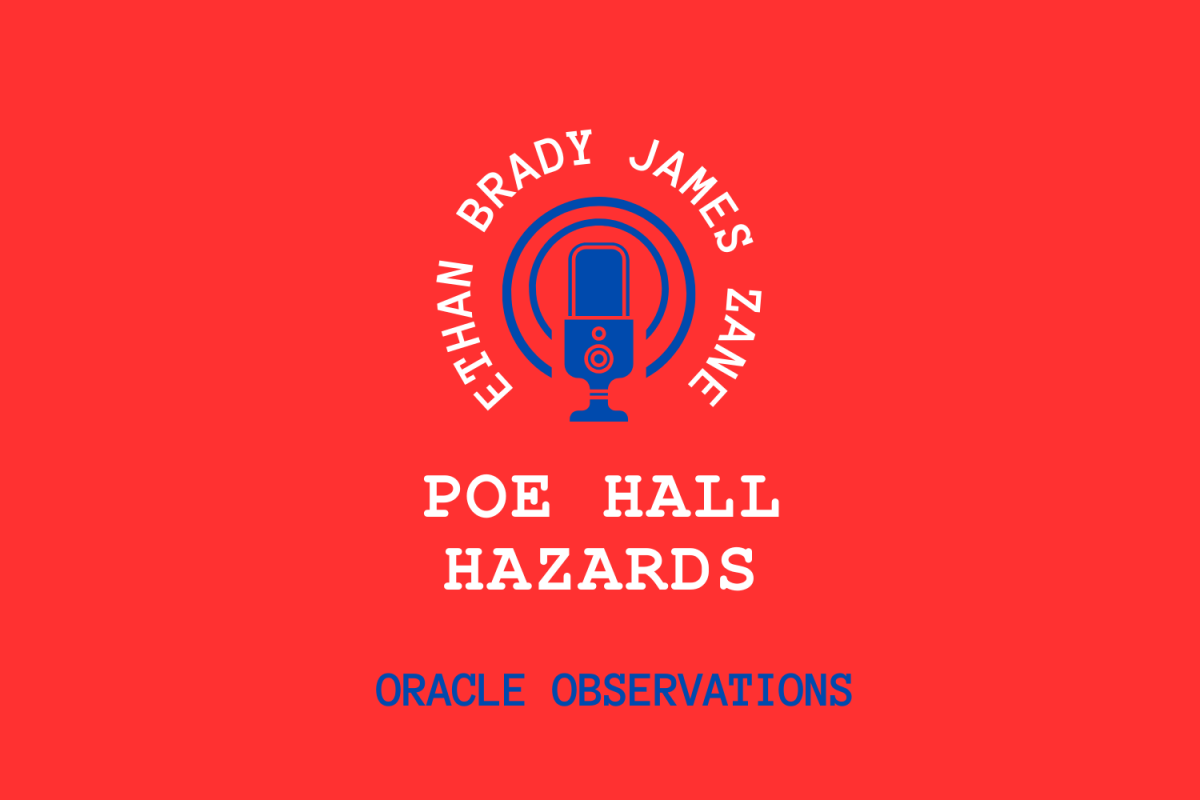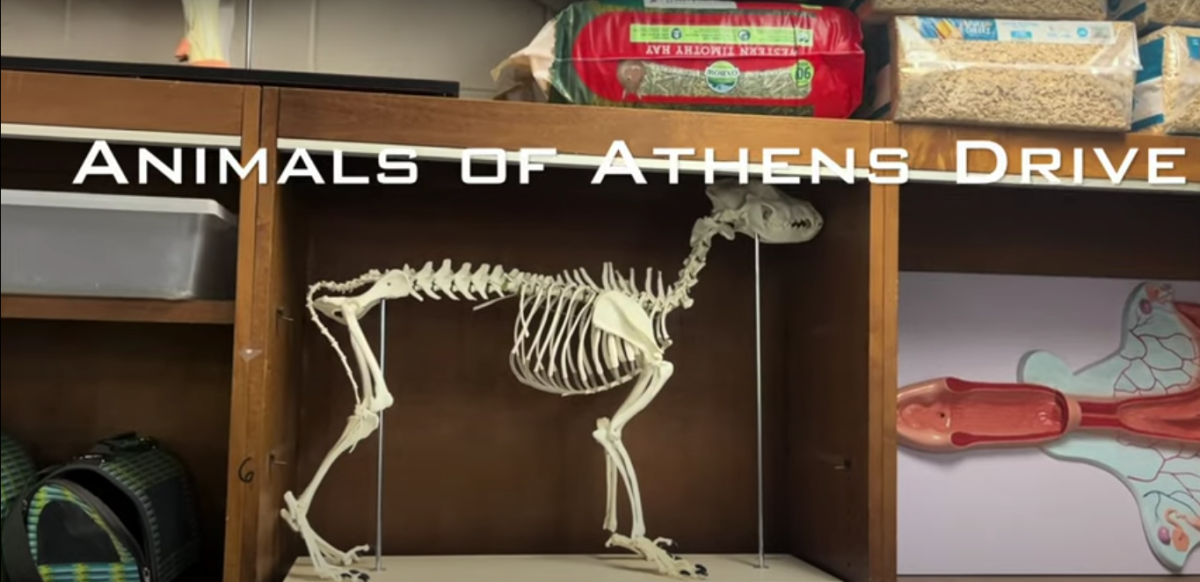President Donald Trump released his plan to tackle the opioid epidemic in the United States on March 18. This plan includes many controversial steps that the President hopes will curb the opioid issue in America.
The long awaited plan was finally released months after the President and his administration declared the opioid crisis a “national emergency” in 2017. The plan focuses mostly on prevention, regulation and law enforcement and education. The plan also includes ways to help those overcoming addiction find jobs.
Perhaps the most controversial part of the plan, and the part President Trump has been the most outspoken about, is the inclusion of the death penalty for high-volume drug dealers. Many people have criticized this addition to the new plan.
“I disagree with Trump’s decision to put drug dealers to death. The war on drugs did not work the first time, and it is unlikely that it will be more successful this time around,” said Alyssa Wood, senior.
Wood also noted that she feared racism may play into who gets put to death, with the African American population being at higher risk of being racially profiled.
The new plan is anything but new. Donald Trump’s plan of being “tough on crime” was a tactic used in the 1980’s during the crack epidemic, which mainly impacted low-income inner city neighborhoods. This method includes strict punishments, like minimum mandatory sentencing, three-strike system and possibly capital punishment.
Some argue that being tough on crime, like the President has suggested, will have a positive impact and reduce crime, while others disagree and say that harsh punishments ultimately ignore the underlying issues of such crimes. Other critics have said that tougher punishments leads to police brutality, racial profiling and prison overcrowding. The war on drugs in the 80s had little impact on the drug abuse, and many people disagree that it will work now.
Another issue pointed out by critics of the plan is the fact that a lot of people get hooked on opioids through their doctor. People get prescribed opioids for different reasons, like chronic pain, migraines and pain caused by cancer. Of all the opioid related deaths, 60 percent of deaths resulted from addiction due to a doctor’s prescription, which was found by a study done by Laxmaiah Manchikanti, who researched the impacts of prescription drugs on the human body. 40 percent of those who died as a result of prescriptions had multiple prescriptions. This shows that the drug dealers in the low-income areas are not the only ones we need to worry about, but the men and women in white lab coats in a doctor’s office.
As the opioid epidemic continues to get worse, the United States government will begin to implement their tough policies to try to reduce the needless deaths as a result of this disease that plagues a lot of the country and cutting the amount of opioid prescriptions by one-third over the next three years. Despite this, people will still have doubts about how effective it will be.
“I don’t believe that Trump’s new plan to end opioid abuse will work, unless there is a bigger focus on education,” said Ana Altman, freshman. “If people have their access to prescription drugs restricted, they will only find more dangerous drugs to use with worse side effects.”
















